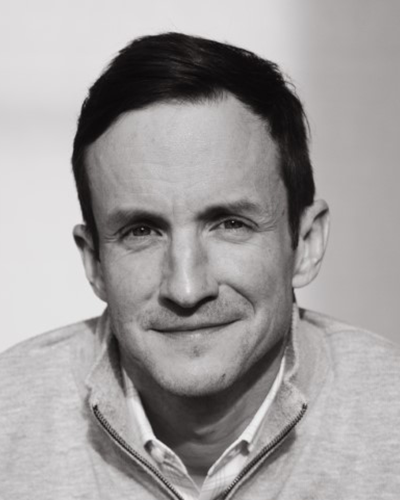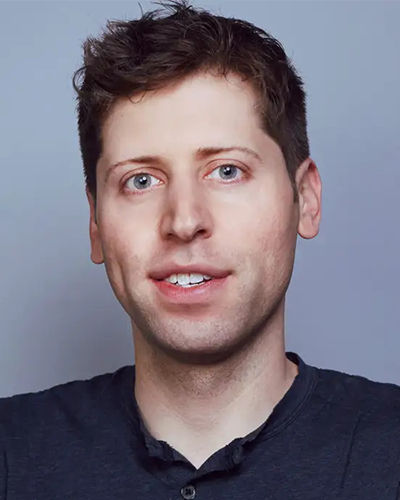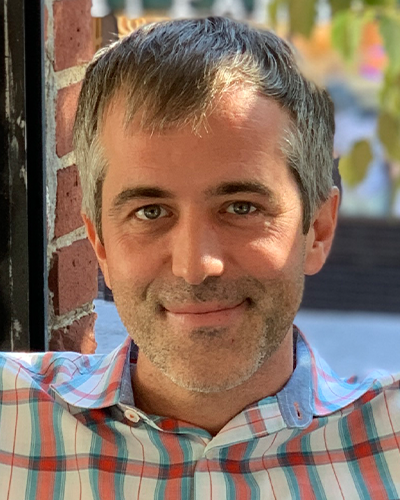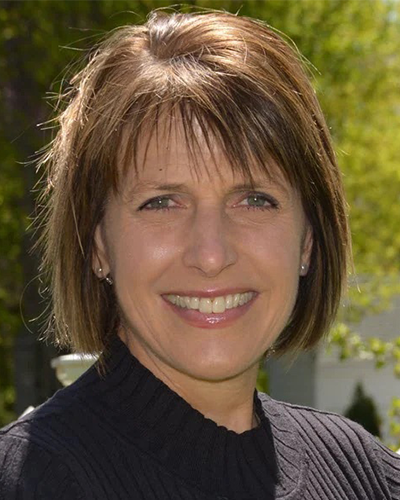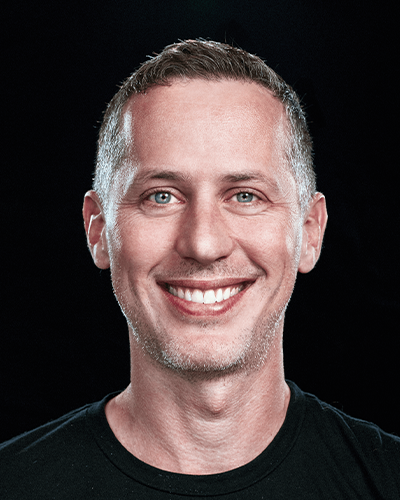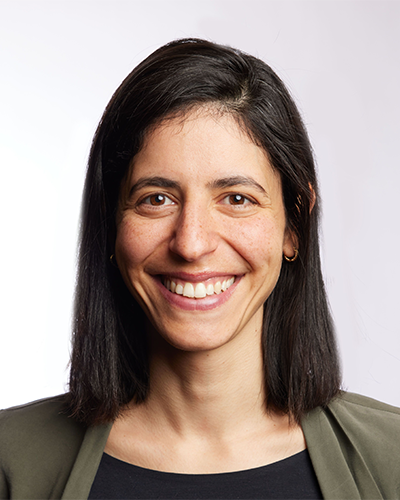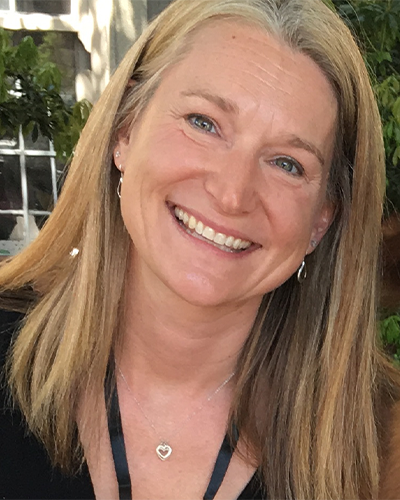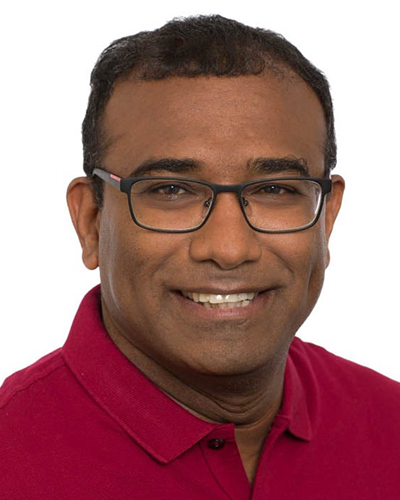People to Watch 2023 – Justin Borgman
Starburst is heavily involved with Trino (formerly Presto), the open source SQL query engine. What initially attracted you to this technology and why did you decide to build a company around it?
My first startup was a SQL engine for Hadoop called Hadapt. That company was acquired by Teradata in 2014. While there, I started to think about the future of analytics and realized that the Enterprise Data Warehouse model was fundamentally broken. In 40 years of trying, companies were never able to successfully centralize all of their data to create that elusive “single source of truth.” To me, Trino was the solution to this age old problem because it allows incredibly fast SQL analytics on data that lives anywhere. The idea that we could provide data warehousing analytics, without the data warehouse was perfectly timed for a market where data is becoming increasingly decentralized across new applications, devices, databases, and cloud platforms.
You have grown Starburst from a small startup to a company with a valuation in excess of $3 billion and more than 600 employees. What were the hardest and easiest parts of growing a company so quickly?
The easiest part turned out to be the fundraising. With our revenue growth rate, net retention figures, and the size of our addressable market, investors were eager to get involved. It was also a good market for fundraising from 2019-2022.
The hardest part is creating repeatability in everything that you do. You go from being this artisanal craftsman building intricate systems with many moving parts, to a factory of mass production where everything needs to be simplified and parallelized in order to scale. That transition is incredibly challenging.
What are the key trends in big data that will be moving markets in 2023?
Cost optimization will be a major focus for nearly every company in 2023. With respect to data, this means maximizing business value from every data dollar you spend while looking for areas of waste to remove. One example of this trend will be a shift from expensive proprietary data warehouses to storing data in open data formats like Iceberg and Hudi in inexpensive data lakes like S3, ADLS, GCS, or even object storage on-prem.
Outside of the professional sphere, what can you share about yourself that your colleagues might be surprised to learn – any unique hobbies or stories?
I am a big believer in the old adage from Friedrich Nietzsche’s Twilight of the Idols that “what does not kill me makes me stronger” and look for new ways to push myself. Right now, that means getting into triathlons (despite being a terrible swimmer!) with a goal of some day doing an Ironman Triathlon.



